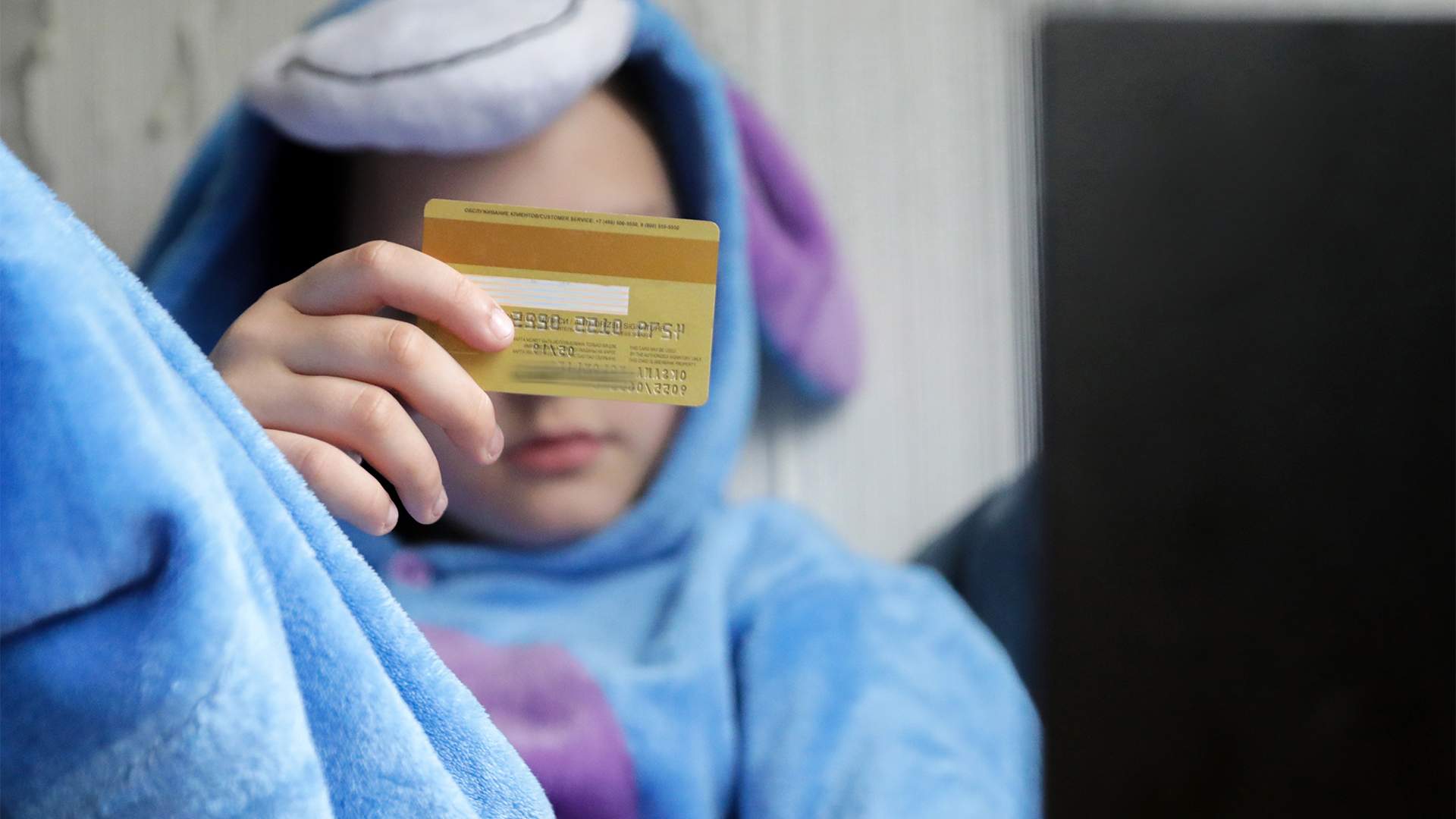Card debt: drops will be charged for damage from credit card schemes

The State Duma adopted in the first reading a bill criminalizing the provision of personal payment instruments to third parties. The new article primarily concerns the so-called drops. However, a significant percentage of intermediaries are minors who provide their "plastic" and SIM cards to criminals for several thousand rubles. About the problem of drops and ways to solve it — in the material of Izvestia.
The article for the drop
For transferring a personal means of payment to a third party for a fee in the foreseeable future, you can go to jail. The relevant bill was unanimously adopted in the first reading by the lower house of the Russian parliament at the end of May.
At the same time, another amendment concerning drops was approved in the first reading. The projected amendment to the Criminal Procedure Code of the Russian Federation will allow the investigation to suspend suspicious monetary transactions out of court for the subsequent seizure of funds.
Intermediaries to the answer
Police representatives also provided explanations regarding the transfer of bank cards for use by third parties.
"According to the Prosecutor General's Office, 4.8 thousand lawsuits worth 1.5 billion rubles were filed against droppers in the first quarter of this year. The courts have already satisfied 1.1 thousand claims in the amount of 1.2 billion rubles," the UBK of the Ministry of Internal Affairs of Russia reported. The statistics reflect only lawsuits filed by prosecutors in the interests of socially vulnerable categories of citizens.
"If during the investigation of a criminal case the dropper's data became known, it is possible (and necessary) to try to get your money back," UBK said in a statement. Also, the authors of the appeal, referring to the Civil Code of the Russian Federation, claim that a person who has acquired or saved property at the expense of another person (the victim) without legitimate grounds is "obliged to return the unjustifiably acquired or saved property to the latter."
"The withdrawal of a bank card at the will of the defendant from his possession is not a circumstance that relieves him of the obligation to return funds to the plaintiff! The circumstances of the transfer of the card to a third party have no legal significance," the message says.
Drop status
Lawyer Maria Bakakina does not consider this position to be entirely fair.
— A person provides his card to intruders for a small amount of 5-10 thousand rubles, and then, it turns out, he has to pay for his mistake all his life. Let me remind you that, as a rule, socially vulnerable citizens, antisocial individuals, and young people become drops. It is highly doubtful that they can restore justice and compensate for the damage.

In a recent decision, the Court of Cassation emphasized that liability under Article 187 of the Criminal Code of the Russian Federation is possible only with proven intent to commit illegal acts, Bakakina says. In the event that it is not proven that the cardholder knew about its illegal use, the criminal case may be terminated.
Bakakina points out that there is no precise definition of a drop in the legislation.
— Drops include both those who transfer cards for fraudulent activities, and those who do so for conditionally legal operations, for example, in the cryptocurrency market.
Plus one parental fear
UBK also warned against illegal actions of teenagers and their parents.
"Due to the lack of earnings, a minor cannot independently answer for property obligations related to the return of unjustified enrichment, these obligations, by virtue of the above—mentioned norms of family and civil legislation, must be borne by his parents," the publication of the UBK Telegram channel of the Ministry of Internal Affairs of the Russian Federation says.

Bakakina reported cases where minor drops and their legal representatives were involved as defendants in civil lawsuits. However, she says that these are isolated cases rather than an established practice.
Meanwhile, Izvestia found several closed groups and Telegram channels at once, where minors openly offer to sell their "plastic".
"Now there is a demand for payment instruments from various marketplaces, which frees the hands of smugglers," a law enforcement source told Izvestia. — They place an order for one drop and pay for it with a card, the second one is sent to receive a box. And the box can contain anything from drugs to weapons.
According to him, it is through the cards of minors that transfers are made for drug trafficking, smuggling, and withdrawal of funds from online casinos.
— In modern reality, the offers of "easy money" sound tempting, and many young people, without thinking about the consequences, willingly get involved in dubious schemes, — says lawyer Ekaterina Krasnova. — Meanwhile, the statistics of the Prosecutor General's Office speak for themselves: those who expect a quick and uncertain income should understand that transferring their bank card to unauthorized persons is a potentially serious offense. Even if the card was transferred unknowingly, the owner or his legal representative will still have to bear responsibility for its use (if the owner has not reached the age of majority).
Переведено сервисом «Яндекс Переводчик»






